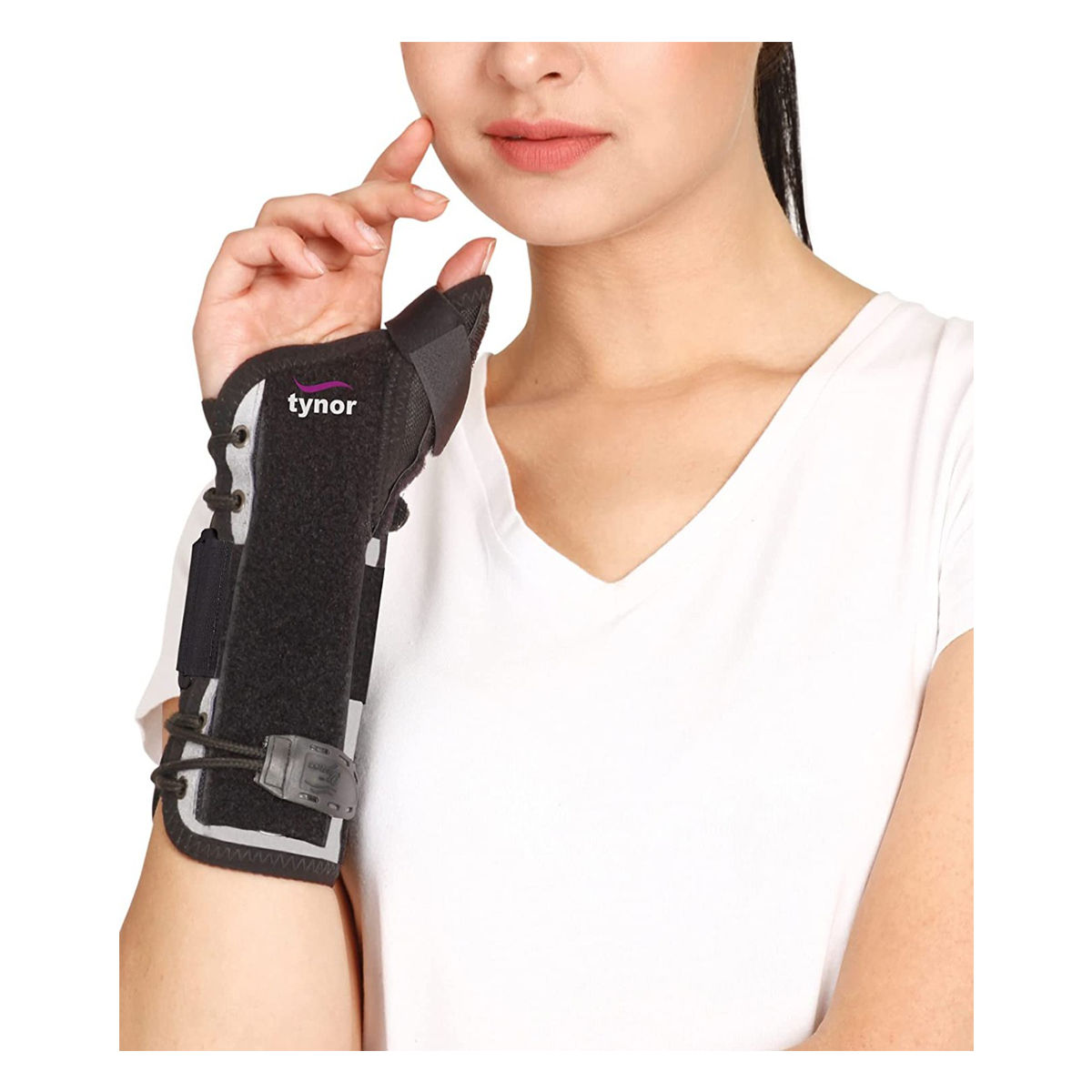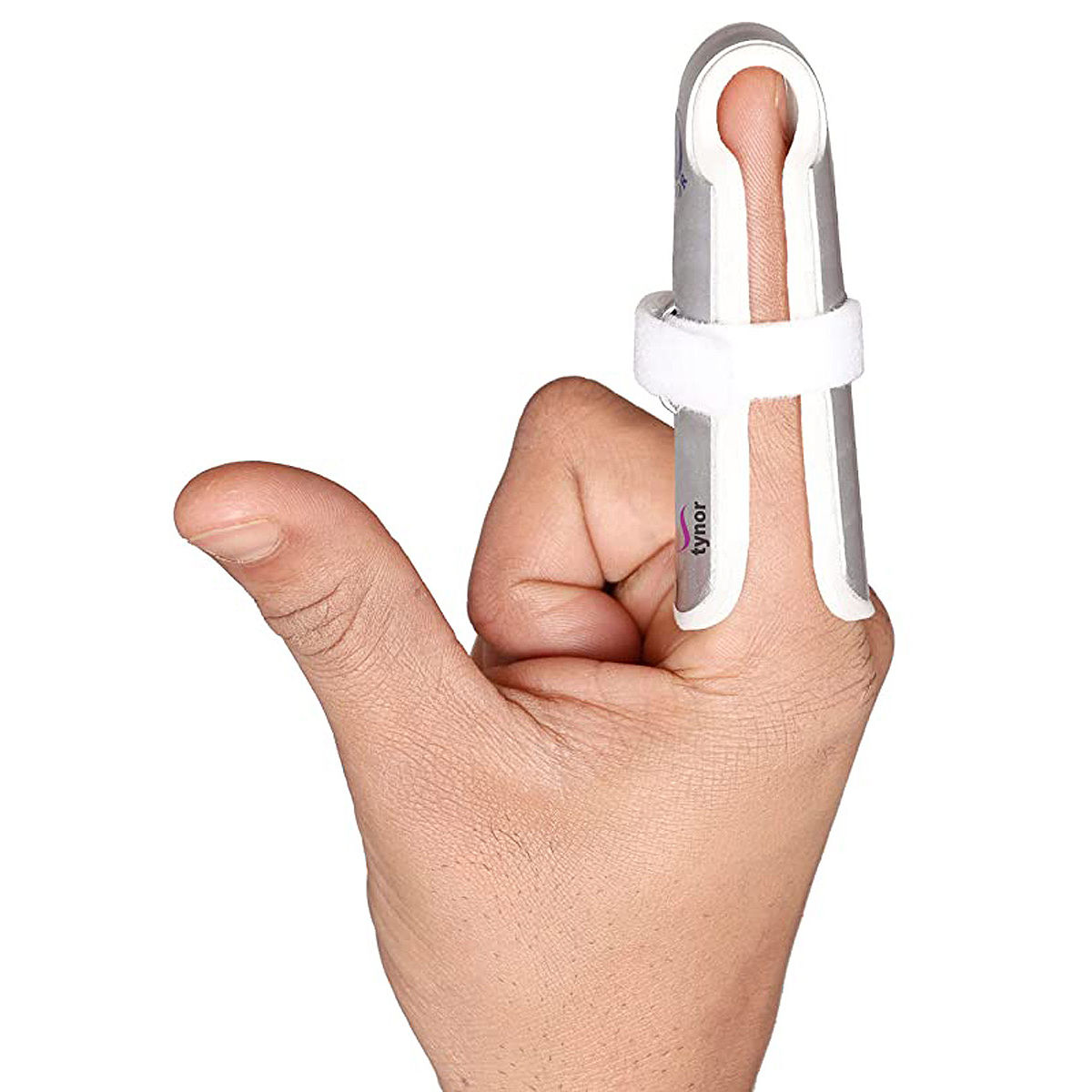
- Total Items (0)

₹108
(₹120)
10% off

₹185.10
(₹250)
26% off

₹548
(₹760)
28% off

₹228.80
(₹340)
33% off

₹482.80
(₹730)
34% off

₹482.80
(₹730)
34% off

₹298.40
(₹415)
28% off

₹298.40
(₹415)
28% off

₹140
(₹155)
10% off

₹178
(₹240)
26% off

₹482.80
(₹730)
34% off

₹140
(₹155)
10% off

₹217.40
(₹325)
33% off

₹809
(₹999)
19% off

₹775
(₹1080)
28% off

₹830.30
(₹1080)
23% off

₹298.40
(₹415)
28% off
Our hands and wrist play a significant role in day-to-day activities. Any injury or dislocation from conditions like arthritis, tendon injury, or a hairline fracture can hamper your tasks. Apollo Pharmacy offers arm and wrist supports that benefit you by accelerating the recovery process.
Arm and wrist supports are over-the-counter products for minor or intermediate injuries in your hands or upper extremities. They are adjustable aids with elastic bands and straps so that you can easily fit them on your hands.
An occupational therapist recommends these supportive tools to patients with wrist, nerve or tendon injuries and arthritis. The primary purpose of arm and wrist supports is to stabilise your joints and enhance their performance.
While there are different applications of splints, it is essential to evaluate your condition with the help of a physical therapist and get the right one for your injury. This is because arm and wrist supports have different designs based on the area of use. These include:
One of the primary reasons to opt for arm and wrist supports is that they are removable and have multiple purposes. These include prevention of a significant injury, protection from further damage, and improving recovery rate.
However, these are beneficial over casts because you can monitor the recovery as and when you like. Instead of waiting for a doctor’s appointment, you can easily remove splints for arm and wrists. This makes them a cost-effective solution compared to casts.
There are more reasons why arm and wrist supports are preferred over casts. Such as:
One of the best parts about using supports for your arm and wrist is that you can release the joint frequently to make the recovery progress comfortable. Furthermore, you can remove the splint whenever you feel a sharp pain in and around the injury. This does not cause any stiffness in the joint.
Your joint will likely face strain without support and stabilisation. Arm and wrist supports prevent rough joint movement, which causes sprains, dislocation, or bone injury to settle down. Additionally, you get to apply topical medication that enhances recovery and soothes any pain.
While a wrist injury can occur to anybody at all stages of life, some people are more vulnerable. They are:
Sometimes, you may not know if you're injured, especially regarding muscle sprains and tendon injuries. Here are the symptoms to look out for: